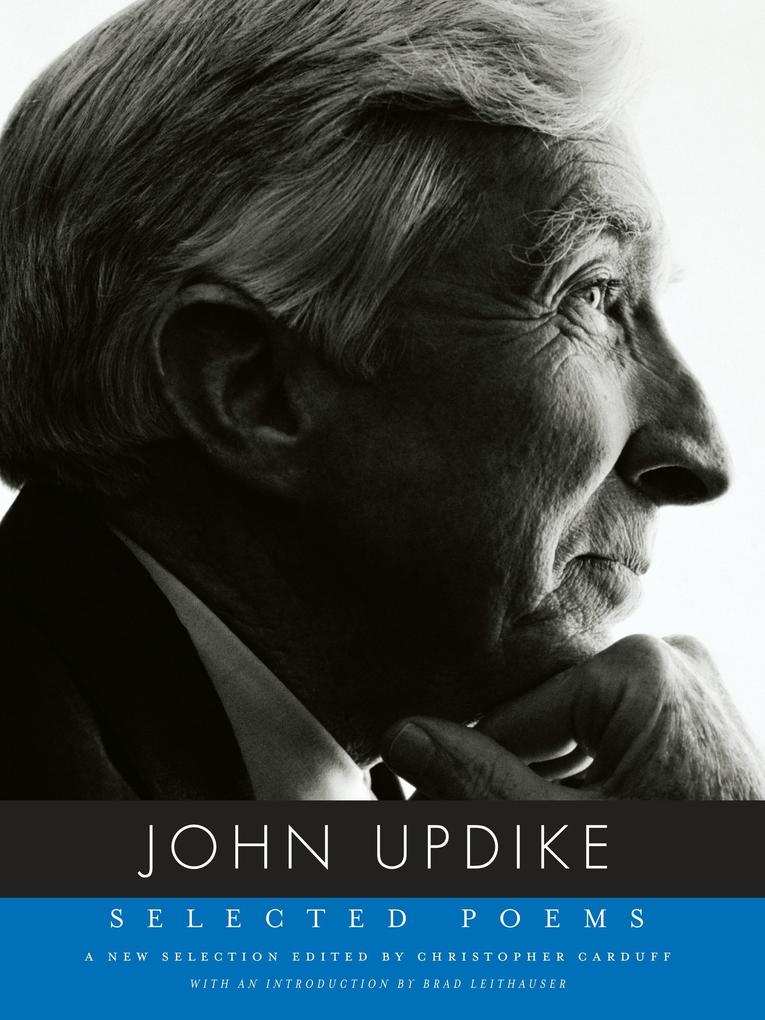
Zustellung: Mi, 22.01. - Di, 28.01.25
Versand in 3-4 Wochen
VersandkostenfreiBestellen & in Filiale abholen:
Though John Updike is widely known as one of America's greatest writers of prose, both his first book and his last were poetry collections, and in the fifty years between he published six other volumes of verse. Now, six years after his death, Christopher Carduff has selected the best from Updike's lifework in poetry: 129 witty and intimate poems that, when read together in the order of their composition, take on the quality of an unfolding verse-diary.Among these poems are precocious undergraduate efforts (including the previously unpublished "Coming into New York"), frequently anthologized midcareer classics ("Seagulls," "Seven Stanzas at Easter," "Dog's Death"), and dozens of later works in a form that Updike made his own, the blank-verse sonnet. The poems range from metaphysical epigrams and devotional poems to lyrical odes to rot, growth, and healing; from meditations on Roman portrait busts and the fleshy canvases of Lucian Freud to observations on sash cords, postage stamps, and hand tools; from several brief episodes in family history to a pair of long autobiographical poems, the antic and eclectic "Midpoint," written at age thirty-five, and the elegiac masterpiece "Endpoint," completed just before his death at seventy-six. The variety of the work is astonishing, the craftsmanship always of the highest caliber.Art, science, popular culture, foreign travel, erotic love, the beauty of the man-made and the God-given worlds-these recurring topics provided Updike ever-surprising occasions for wonder and matchless verbal invention. His Selected Poems is, as Brad Leithauser writes in his introduction, a celebration of American life in the second half of the twentieth century: "No other writer of his time captured so much of this passing pageant. And that he did so with brio and delight and nimbleness is another reason to celebrate our noble celebrant."
Produktdetails
Erscheinungsdatum
13. Oktober 2015
Sprache
englisch
Seitenanzahl
320
Autor/Autorin
John Updike
Herausgegeben von
Christopher Carduff
Solist/Solistin
Brad Leithauser
Verlag/Hersteller
Produktart
gebunden
Gewicht
358 g
Größe (L/B/H)
215/154/17 mm
ISBN
9781101875223
Entdecken Sie mehr
Bewertungen
0 Bewertungen
Es wurden noch keine Bewertungen abgegeben. Schreiben Sie die erste Bewertung zu "Selected Poems of John Updike" und helfen Sie damit anderen bei der Kaufentscheidung.









